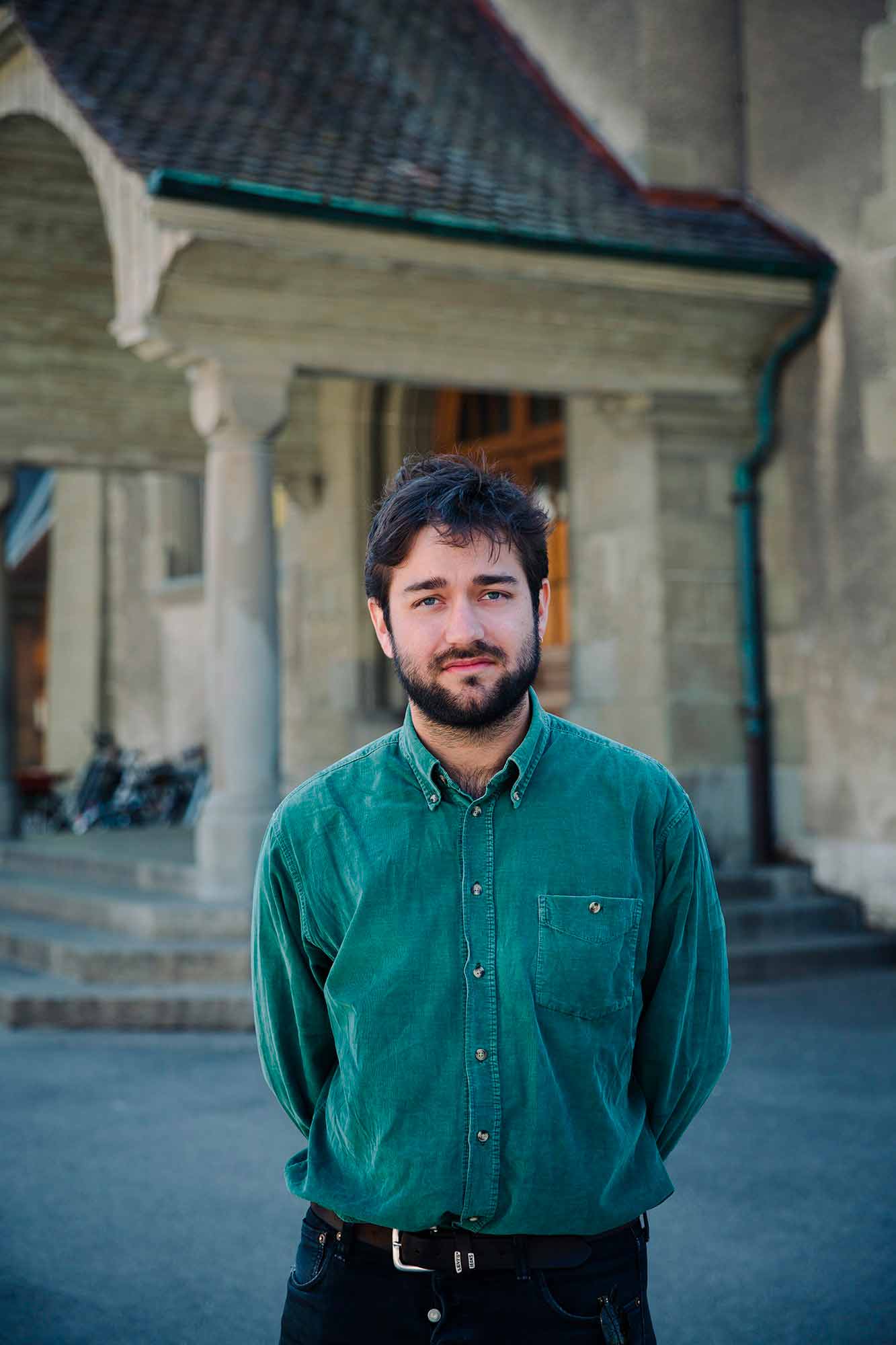Film details
Original title:Sur Nos Monts
Direction:Mateo Ybarra
Productor:Mateo Ybarra
Production:L'artifice
Screenplay:Mateo Ybarra
Editing:Mateo Ybarra
Sound:Léa Célestine Bernasconi
Mixing:Adrien Kessler
Synopsis
In the digital age, Swiss soldiers deploy on the internet by broadcasting all sorts of images of the militia army with their phones. The film explores the underside of a so- called neutral Switzerland, through a mosaic of images from the net: Youtube, Periscope, Instagram open a new window on a school of masculinity, hidden behind the walls of its barracks. Sur Nos Monts thus conveys a sense of disquiet and concern, where militarism, violence and image find themselves coupled in a kind of monstrous embrace, as if to represent the crossing of the last possible boundary of social self-narration, that of the permanent war to be shown and told in streaming.
Director's notes
At first, there was apprehension.
The worry of being away from home, meeting strangers, holding a weapon: military service is a dreaded stage. In Switzerland, we have the particularity of having a militia army which wants to be imposed for the men and voluntary for the women. During the Information day, first contact with the military institution, an introductory video is shown featuring a buxom blonde woman inviting a young man to sit in a video game simulator.
Once inside, he then discovers a series of blockbuster-type sequences, explosions of all kinds and helicopter take- offs. What Hollywood clichés and warrior fantasies, far removed from the reality of the service.
When the session is over, worry then turns into expectation. We first receive his convocation to recruit, then later, his marching order. Mandatory invitation for twenty-one weeks of military life. As preparation, we find ourselves passively listening to the stories of friends, acquaintances and relatives who have already gone through this rite of passage. From these echoes, the memory of a few hazings, a constant boredom, a unique camaraderie. The experience they tell me seems to be a mixture of extreme banality and mild violence.
However, the army seems to have held an important place in their lives despite its painful nature.
It was not until 2015, then aged twenty-four, that I completed my military service. Besides its obligatory nature, my main intention was to demystify this experience and to grasp for myself what it meant. Hired as a truck driver for five months, I found myself assisting different military functions, in different places. Romont, Bure, Bière then the Simplon, not to mention every barracks visited in German-speaking Switzerland to look for shooting equipment. To justify the necessity of our commitment, the army had theoretical courses where we were told of the imminence of a still invisible danger. Although according to the majority of us, our main enemy consisted more in our lack of sleep, and the slightest drowsiness of which followed from a sanction.
Then as the service progresses, friendships are formed despite the differences. Certain borders are crossed to resist this daily life together. We redouble our inventiveness to pass the time, and in this way, we forge relationships that are often unpredictable. It emerges from this long and intense experience, human behaviors of a sweet poetry.
This is in total contradiction with the reality that the army presupposes, that of a world tinged with fear and mistrust.
